.
.
“Mud Men” was a finalist in our recently concluded 65th Short Fiction Contest, and is published with the consent of the author.
.
.
___
.
.
photo by Eren Özdemir/via Pexels
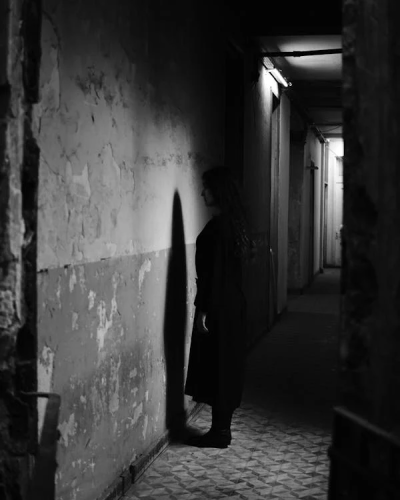
.
Mud Men
by Koushik Banerjea
.
…..The phrase hung in the air, already thick with the tang of grease. Beaks were snapping away at a corner table, the insult offered up as little more than observation. His long hair, normally tied in a ponytail, remained loose that afternoon, in a way which evidently troubled the corner sitters’ sense of decorum.
…..‘Give us a twirl.’
…..A burst of laughter, and George, the ample-maned young man at the counter, reddened under his freckles. He was already regretting his poor choice of eatery. Seeing the scabrous local wits sit there still in their school uniforms only made it worse.
…..He scanned their faces for any hint of uncertainty, then remembered how at that age he too had done his best to wear a more adult mask than his years belied; the better to contend with dramatic shifts in octave, form, desire. Not convulsions as such, more like adolescent contortions.
…..For it was true, these boys were familiar enough, and he quickly abandoned the search for nuance in their demeanor. It was largely just a performance, and the boys knew their roles.
…..Apprentice toughs yet already veterans of the angular jibe.
…..It skated across the Formica, taunting the fallow time between customer choice and service delivery.
…..When George’s order arrived, and the boys saw that it was chips, the laughter and commentary started up again.
…..‘Oi, mate, give us a chip. Go on, give us one!’
…..He exited the shop to another burst of hollow laughter.
…..‘Give us one, darling,’ a curious salvo, when he thought about it, from boys clearly not considering the tactical implications of their request. Most people were like that though, neither meaning what they said, nor fully knowing what they meant.
…..Was that just how things had always been?
…..There would have been no chips in the primal soup, he thought, even as he doused them with salt. Though perhaps there might have been the nascent stirrings of anger or envy, long before those things had a name; competitiveness spilling over from the relative success or failure of a twitch, a jerk, a desperate scramble for form.
…..The primordial mud must have bequeathed its own hierarchy, gills and tails and eventually the gift of movement. And from where he stood now, it was strange to consider how the slithering indistinctness of that push-me-pull-you had sired the first traces of breath or autonomy on this earth. How all of them – George, the fast-food employees, even his schoolboy tormentors – were descended from the winners in this genealogical lottery. The great game of life, forever in motion, chips or no chips.
…..Outside, the High Street’s neon scales were already on display, in response to a wintry dark drawing in with indecent haste. January could be like that. No time for sentiment.
…..They’d all once been fish, to go with these chips, long before the emergence of strip-lit men and their sodium intake. He smiled, and when he looked back, could see the boys lost again to their banter. Just boys, and harmless enough really, but he suspected they’d throw a wobbly if he told them they’d originally come from mud. Wriggling, and gasping, and inchoate, just like now. Little big men. Invertebrates.
…..On his way back from the shops, George picked up a packet of the fig rolls that his Nan liked. He’d originally only meant to stay with her a few days, but then she’d had what she insisted was little more than a ‘funny turn,’ but which in fact amounted to her being found wandering in the street in just her nightgown, disorientated, in the middle of the day. After that he’d made his excuses and stayed, and to give Nan her dues she hadn’t put up too much of a fight either.
…..Besides, what else did he have to look forward to if he went back home?
…..His mother’s growing indifference, nowadays the equal at least to any maternal instincts which may once have been there. Her new life with her new man apparently containing little room for sentiment. ‘A fresh start,’ she had called it, as if applying a lick of paint to recently congealed shock.
…..But it was still too soon for George’s liking. Unlike the melting clocks on that postcard he’d recently bought, time had not stood still. He found his mother’s willingness to move on hard to accept. There were also less forgiving moments when this felt like betrayal to him. And it was all he could do then to remind himself that over a year had in fact elapsed since his father had been laid to rest. Though for George, the memory was still fresh.
…..A crisp October morning and the autumnal gift of a rust-colored carpet in the cemetery. Everybody numb though thinking back it was Nan he’d held onto that day as well. The priest speaking of ‘eternal life’ in his eulogy, and as the casket was being lowered, George had clung to those words too. If his mother had appeared in any way distant to him then, at the time he’d just put it down to inconsolable grief. Hers as much as his.
…..Now though, he wasn’t so sure.
…..George sensed he was surplus to requirements. Any lingering doubts he might have had about that dispelled by the increasingly terse exchanges he’d been having with his mother’s sullen new beau. The self-appointed ‘man of the house’ who, unlike those schoolkids, seemed genuinely bothered by George’s cascading barnet.
…..‘You look like a girl.’
…..Or by something.
…..‘No character, that’s the problem with your lot nowadays. There’s jobs out there, you just don’t want to work.’
…..Well, he had a job now, looking after Nan, though in truth it was probably the other way round.
…..In the short time he had been staying with her, they had already settled into a comforting routine of afternoon tea and biscuits.
…..It was generally the time of day Nan seemed to become more energized, and George enjoyed listening to the stories she would share with him then, often to do with her early life or about his father as a young man, or the neighborhood, and how different it used to be. Her whole demeanor would change as she told him about the spivvery and the rationing, and the constant sound of air raid sirens. Time appeared to slide off her, and for a few exalted moments she was back to being the same young woman who had lived her each day under the threat of annihilation as though it were her last. George loved hearing Nan talk about this older London. Her recollections, he felt, were part of their creation myth, a family legend of bombsites and bebop, dancehalls and demob happy. And of clandestine trysts in the Blitz shadows, jitterbugging between handsome GIs and ugly prejudices.
…..If he was going to be honest, George felt no small amount of relief too. After all, for as long as the tales continued to unfold in this living room, then Nan’s whereabouts were accounted for. Whereas from her perspective, their afternoon sessions actually served another purpose entirely.
…..In her ability to recount the past, and in some considerable detail at that, she felt she was giving her grandson a practical demonstration of how, even with the years taking their toll on her body, her mind had remained sharp as a tack. And at precisely that time of day when she’d recently gone walkabout in her nightgown. She was a wise old girl. Still possessed the ability to send out smoke signals, along with an unerring instinct as to who would come running.
.
…..‘What are all these records, Nan?’
…..George thumbed through the selection he’d discovered in the sideboard which was propped up against the wall in the living room. An expert eye quickly picked out some well-preserved gems. Big band, Duke Ellington, but also jazz standards by Monk and a copy of Art Blakey’s ‘Holiday for Skins,’ which was rumored to change hands for exorbitant sums on the collectors’ circuit.
…..Nan laughed.
….. ‘I wasn’t always this unsteady on my feet, love. But the Art Blakey, that was your father’s. He was a dancer. And boy could he cut a rug before that rotten asbestos got into his lungs. Thank God it was only your love of music you got from him though. But your hair, well let’s just say you can thank me for those gorgeous locks. I reckon it skipped a generation, mind, because your father, bless him, was light on top even before he met your mother.’
….. George smiled.
…..What the mud disgorged had eventually developed its own patterns, its own form. Tails, fins, gills, backbone. The needle met static, and then the drummer, Art Blakey was summoning the spirits of fish, of men like his father drawn from mud. No additives, just shapes, the body torquing its freeform necklace.
…..Nan seemed to be looking past him, at some dimly lit interior only she could see. Her tea trembled, and then it didn’t, hands steadying once more and her eyes returning to the present.
….. ‘He was always playing this, love.’
….. At some point language became sound, the drummer coaxing love from mud, from the most unpromising of beginnings. A virtuosic snatch of Djembe drums startled George into looking up from the tea he’d been slurping, and over at Nan. She suddenly appeared drained, as if the effort of keeping up with the percussive mayhem had sapped her reserves.
…..He gently lifted Nan from her armchair and helped her to bed. She was tired and he was struck by how small she appeared to him as he tucked her in. Still, he felt, it was a blessing to have this time with her, however brief it might turn out to be. She was more or less all he had left now of an earlier world, which seemed to belong shrouded together with the rest of the contents in the sideboard.
…..In its own way perhaps the vinyl was also an obsidian relic?
…..George returned the record to its sleeve, still struggling to process its sonic, as opposed to monetary, value. There were bloodlines awakened in the musical topsoil. But he had the strangest feeling that somewhere in its etched grooves also lay the key to unlocking the mysteries of something far bigger. The fate of whole clans, continents, pressed into synthetic resin. Its time signatures stretched way beyond the present. An Afro-Cuban line had been cast by the drummer, Art Blakey, to the ancestors, whatever their form. And as with the record’s skittering drum patterns, and its otherworldly chants, time itself was no longer linear.
.
…..Not long after George helped carry Nan to her final resting place. There were fig rolls that day too, and ‘Round Midnight,’ her favorite, ushered the mourners from the chapel. It was also the first time he had seen his mother since leaving home, and beyond the unspoken, he was pleased that she had made the effort to be there, albeit with her unsmiling chaperone in tow. If there was any residual tension between George and his mother, he was determined not to let it show during the service. This was Nan’s day. A nod to the ancestors, to the antique protocols first forged in mud.
…..Breath, autonomy and then onwards to grace.
…..He even said some words at the podium, an elegy for Nan’s disappearing world, though he didn’t mention Art Blakey, or the other skins which had since been sloughed, mostly by night. But he felt sure Nan would have understood that nocturne too. A place without limit, with caresses for curses, and music for mud men. A place to finally be free.
…
…..The stale stench of poppers wrapped around imploring vocals. People were holding each other up in those first, precious shafts of daylight, the high drama of the Patti Jo disco classic, and then of harder beats, machine-tooled, driving deeper into the darkness. Dancers who had given everything barely able to stand any more but trying anyway with their shattered limbs; determined to stand, and somehow standing even though others remained crumpled, folded into the embrace of the corner, the floor, one another; the air pungent with sweat and ethyl chloride and something else besides.
…..Was this love?
…..That instant just before the lights came back on, eyelids made of salt and all things still possible. Before shape or mastery, and their finite properties, would once more recalibrate bodies and minds heeding the call. Spirits coaxed from mud. That split-second of pure unalloyed ecstasy when nothing was shackled, and a new world was taking shape.
…..Yes, this was love.
…..Writhing. Spent. George’s body just a physical perimeter, another consciousness in play, insisting that the dance went on even as the sweat sting entered his eyes and daylight invaded the loft.
.
.
___
.
.

Koushik Banerjea is the author of two novels, both written while still solo-caring for his late mother: Another kind of Concrete (Jacaranda 2020) & Category Unknown (London Books 2022). His short stories have appeared in: Salvation in Stereo, Minor Literatures, Verbal, Writers Resist, The Good Journal and in the crime fiction anthologies, Shots in the Dark and Shots in the Dark II. He has had poems published in Mogadored, Razur Cuts magazine and online in House of Poetry magazine. He is a former youth worker, DJ, and journalist, born and raised and still in London. If he didn’t write he’d probably lose it, which is a bit ironic as the state of the world has largely done his loaf in anyway.
Website: Koushik Banerjea
Instagram: @hark.athim
.
.
Listen to the 1958 recording of Art Blakely performing his composition “Mirage.” The band includes Donald Byrd (trumpet); Ray Bryant (piano); Blakey, Art Taylor and Philly Joe Jones (drums); and Ray Barretto (congas). [Universal Music Group]
.
___
.
.
Click here to help support the continuing publication of Jerry Jazz Musician, and to keep it ad and commercial-free (thank you!)
.
Click here to read “Ballad,” Lúcia Leão’s winning story in the 65th Jerry Jazz Musician Short Fiction Contest
Click here to read more short fiction published on Jerry Jazz Musician
Click here to read The Sunday Poem
Click here for information about how to submit your poetry or short fiction
Click here for details about the upcoming 66th Jerry Jazz Musician Short Fiction Contest
Click here to subscribe to the Jerry Jazz Musician quarterly newsletter (it’s free)
.
.
.
___
.
.
Jerry Jazz Musician…human produced (and AI-free) since 1999
.
.
.









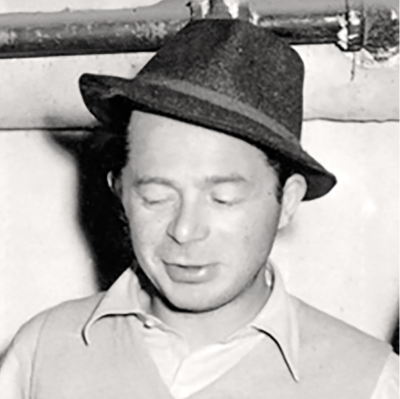




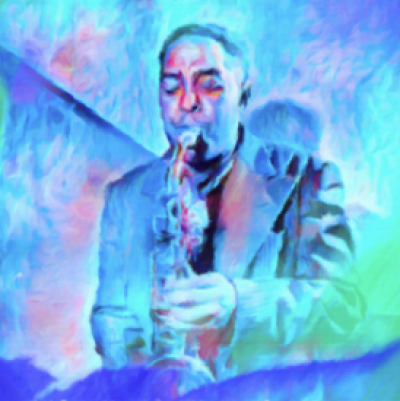
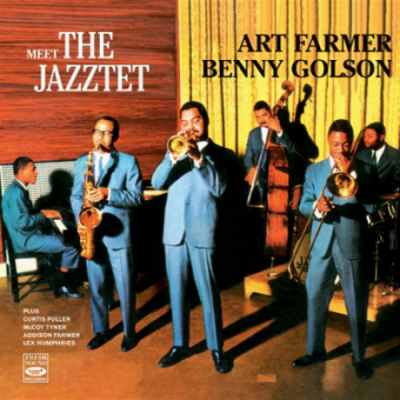




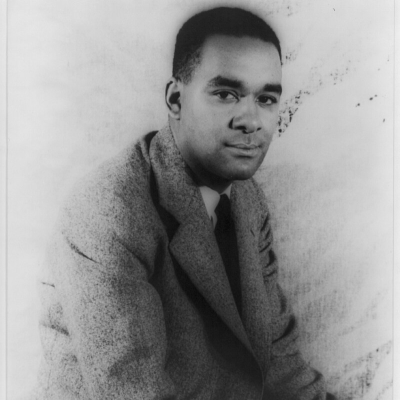
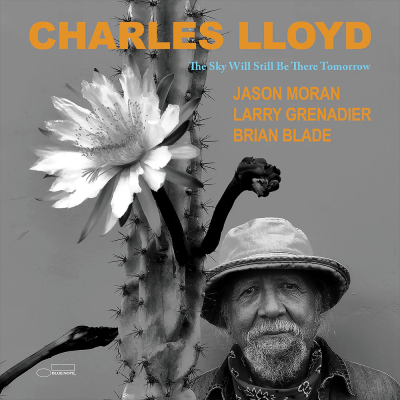
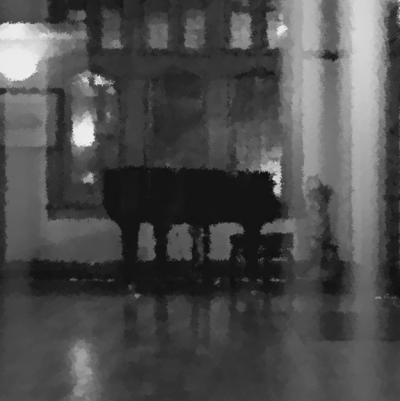


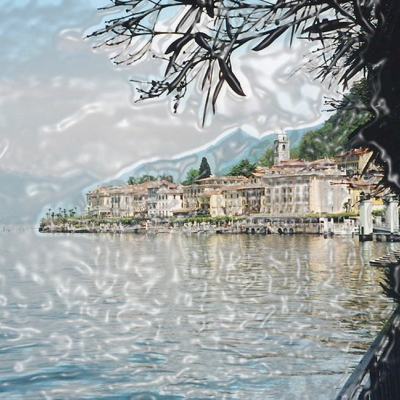

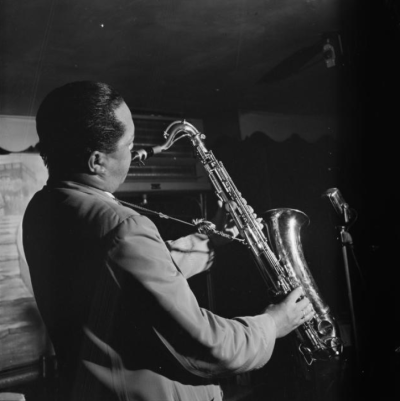





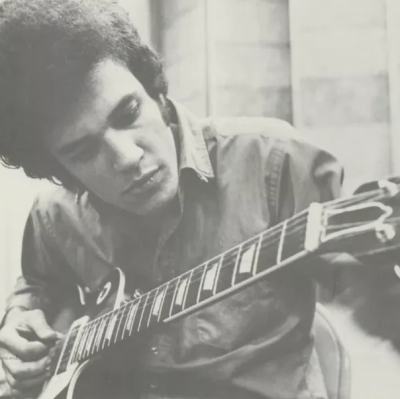







In the doing of life love gathers like dust in the corners of our hearts. Thank you Koushik Banerjea for he knows what love is.
A moving piece from someone with a truely authentic voice, someone who you get the feeling has actually lived the challenges of life rather than just imagining it. This is a story about real people, not the one dimensional blare of mainstream media and reality shows and we don’t hear it enough.
I look forward to reading more from the inner mind of this most innovative author.
Yet another beautifully written and utterly absorbing story from Koushik Banerjea, with vivid characters, music, history, struggles, life, death, and love.
And now I need to go listen to ‘Round Midnight’. Nan’s favorite. Mine too.
What an evocative and striking story. Such an interesting juxtaposition of the mundane, the visceral and the existential. Sparsely beautiful and incredibly poignant, yet also acutely sharp (‘…between handsome GIs and ugly prejudices’ – so succinctly put). Not to mention the music…
A compelling multi-layered story that suggests the collapsing of time and memory.
The writing itself seems to ebb then swell like the Thames against the mudbanks.
Something primordial.
And just as ‘time itself was no longer linear’, so the words slip into the rhythms and beats of the music, an entanglement of death, sex, and love.